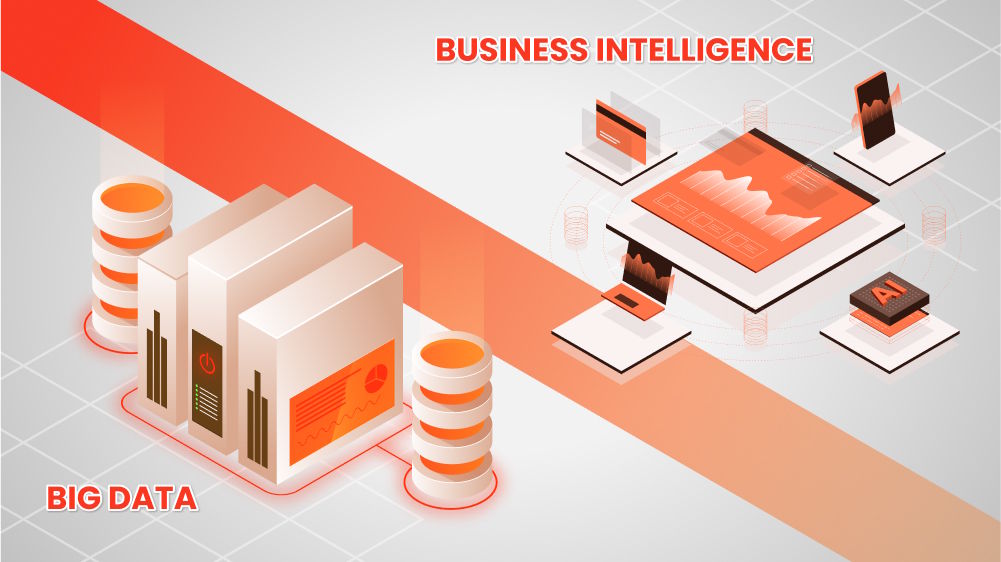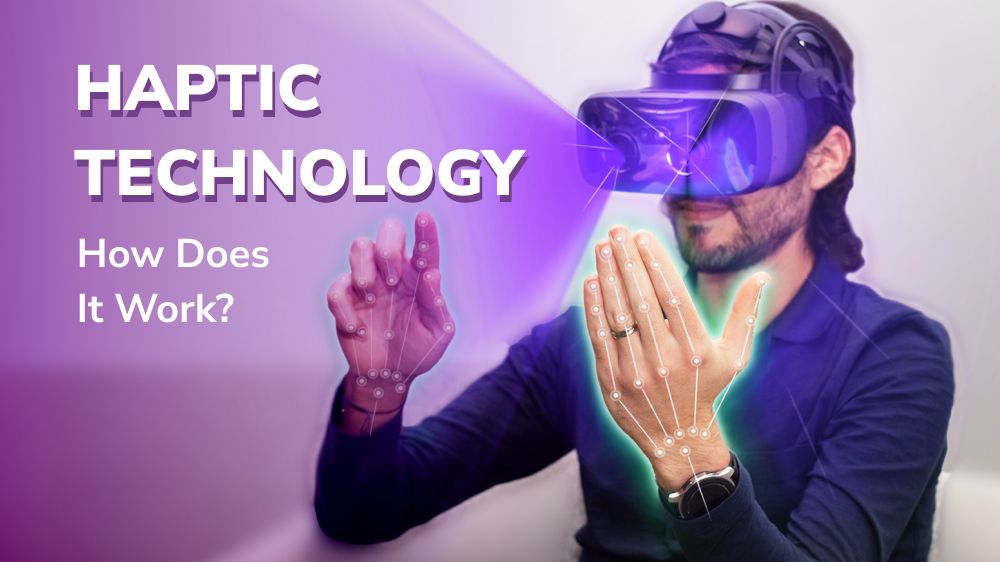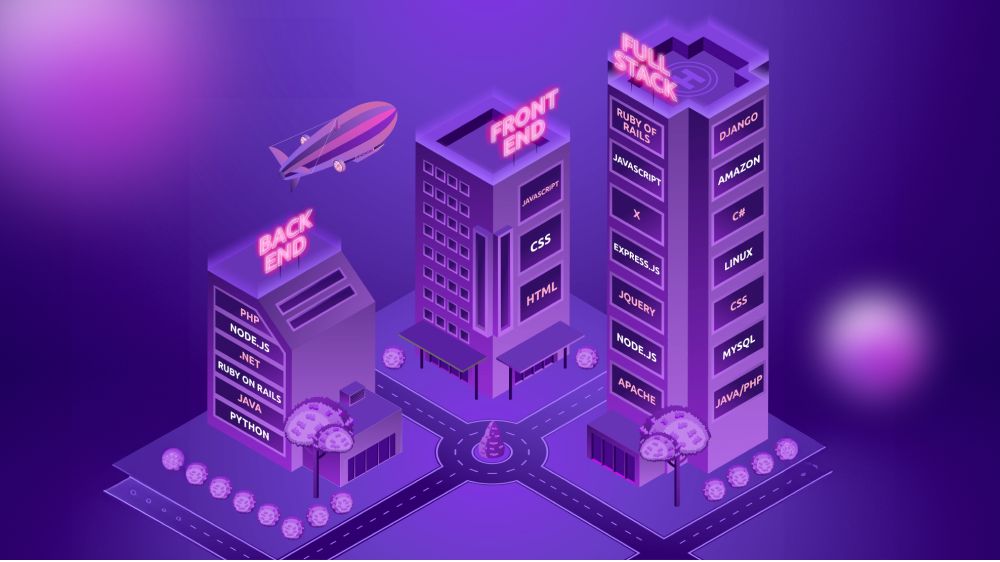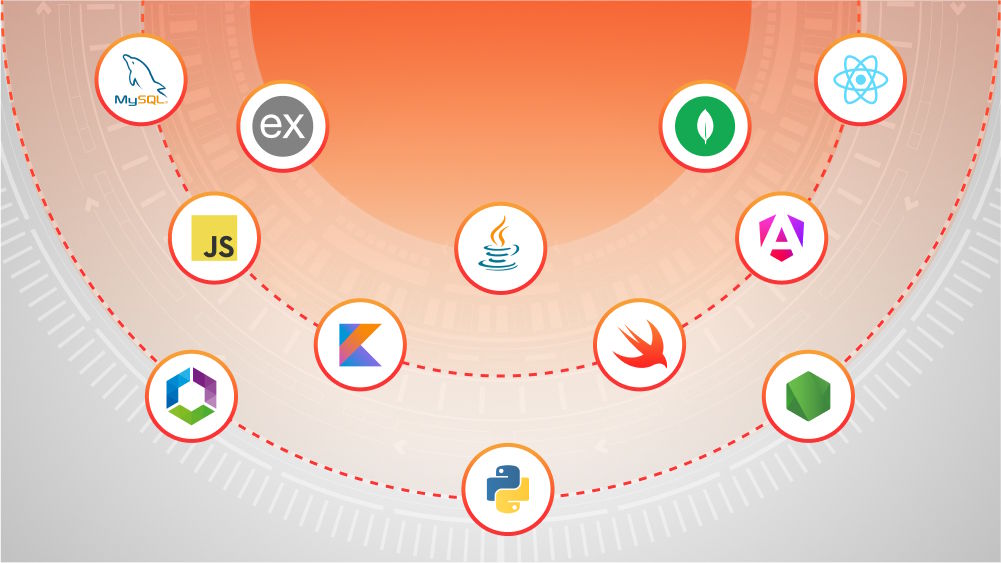
What Is Green Technology, and How Can It Help Your Business?
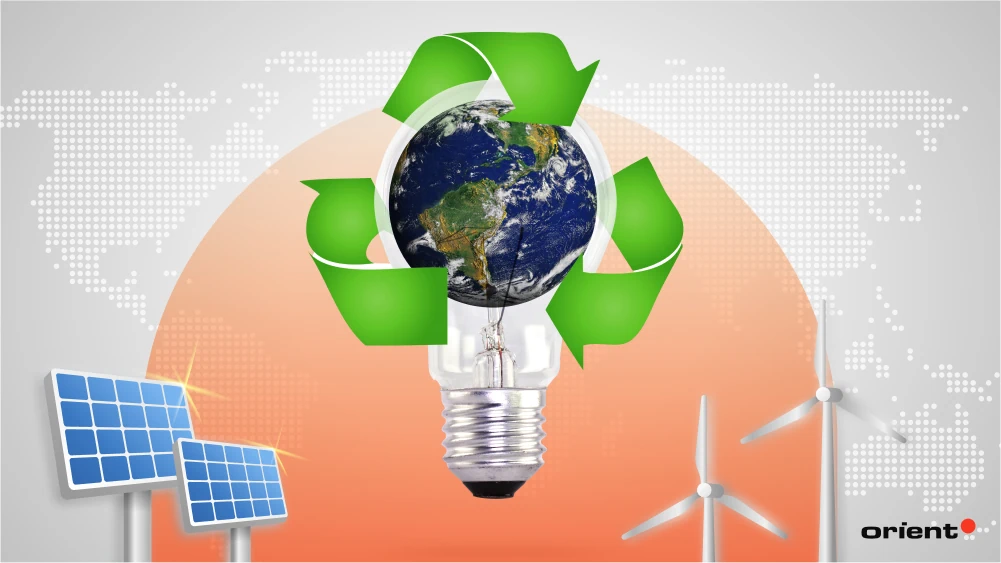
Content Map
More chaptersWhat is green technology? When used correctly, it has the potential to minimize and reverse the effects of human-made climate change.
However, when embracing environmentally friendly solutions, there are many obstacles to overcome. These challenges come in the form of financial constraints, regulatory hurdles, insufficient infrastructure, and lack of awareness.
Learning about the advantages and challenges of green technology can help individuals and companies adopt the right solutions for them. In the following section, you will learn what green technology is, its advantages and challenges, and the different applications with which you can use it.
Key Takeaways:
- Green technology is hardware and software designed to reduce the environmental impact of human-made climate change.
- When utilized properly, green technology has the potential to minimize and even reverse global carbon emissions. It can also bolster the reputation of a business.
- Adopting green technology can be challenging. Largely due to financial constraints, regulatory restrictions, and public skepticism.
What is Green Technology?

Green technology is a special type of physical hardware and/or software designed to reduce the environmental impact on everyday activities. It replaces dirty, inefficient, and environmentally harmful methods with cleaner, more energy-efficient, and more environmentally friendly solutions.
Examples of green technology include solar power panels and windmills. These technologies harness the Earth’s natural resources – the sun and the wind – to power essential utilities and equipment.
Solar-powered buildings harness the sun’s energy, converting it into electricity to power essentials like appliances, computers, home entertainment systems, lighting fixtures, and industrial equipment. Windmills harness onshore and offshore wind energy to help pump water from the ground and produce renewable hydrogen, which can be used to produce eco-fuels or synthetic fuels.
Why Is Green Technology Important?
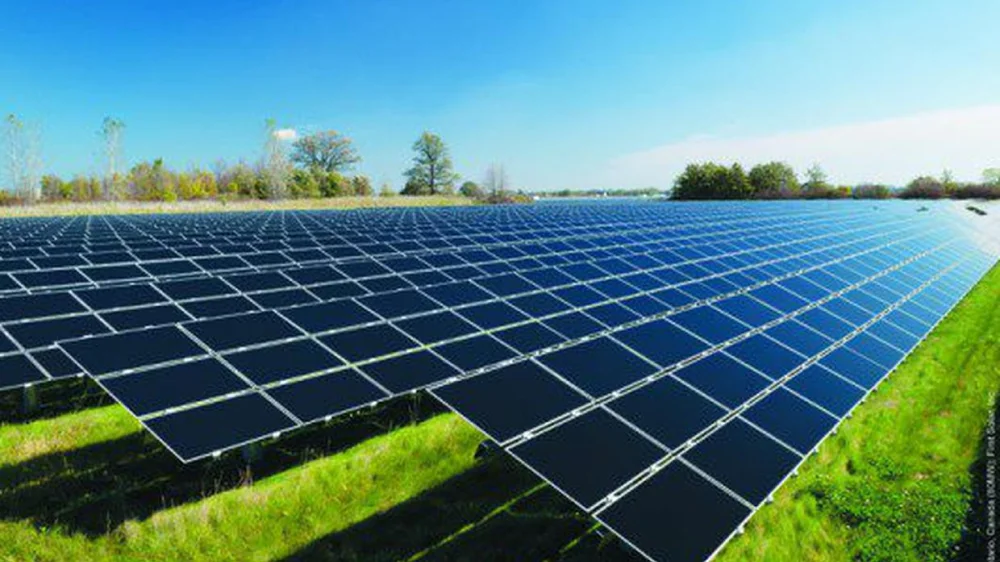
Green technology is important because it can help minimize or reverse the effects of human-made climate change. According to the Sixth Assessment Report (AR6) by the Intergovernmental Panel on Climate Change, the last decade was warmer than any period in the past 125,000 years. Furthermore, the sea level is rising faster than any prior century in the past 3,000 years.
As stated in the third and fourth National Climate Assessment Reports, the effects of climate change – particularly in the United States – will be devastating. In the United States, hurricanes will be stronger and even more intense, droughts and heat waves will be more frequent, and wildfire seasons will be longer.
Embracing green technology has the potential to reduce our global carbon footprint. This can be seen in the uptake of electric vehicles, where emissions savings from electric vehicles can be anywhere from 19-34% in India to 66-69% in Europe, according to The International Council on Clean Transportation.
Elsewhere, nearly two-thirds of Fortune 500 companies have set ambitious carbon reduction goals for 2050. They intend to slash carbon emissions through green technology by a considerable amount. Moreover, going green has become an important issue for society. For example, a 2020 study by McKinsey found that 60% of U.S. customers would pay more for sustainable packaging.
What Are the Advantages of Green Technology?

There are many advantages to incorporating green technology into your business.
From an environmental standpoint, the advantages include reducing your global carbon footprint and conserving natural resources. From a business standpoint, embracing green technology can help reduce costs and improve your reputation.
Let’s dive deeper into these individual advantages:
Reduce Global Carbon Footprint
Switching to green technology possibly aids in reducing your reliance on fossil fuels and other forms of energy production.
As fossil fuel consumption has increased over the past 50 years, so too has the production of greenhouse gas emissions. In 1964, the world produced 23.12 billion tonnes of CO2, while in 2022, the world produced 53.85 billion tons of CO2.
Alternative energy sources like solar panels, on the other hand, do not produce carbon dioxide or any other harmful emissions.
Save Money
Green technology has the potential to help businesses reduce their operating costs. Companies can use IoT devices to monitor their energy usage, making necessary adjustments to lower energy consumption costs.
By connecting sensors to industrial machines, companies can remotely monitor each machine’s vitals, including temperature, vibration levels, and humidity. This means they can identify and remediate equipment inefficiencies early, minimizing repair costs and improving energy efficiency.
Also, renewable energy sources like solar power panels have a lower ongoing cost than electricity and fossil fuels. Depending on location, US businesses and homeowners could save anywhere from $28,000 to $120,000 over the lifetime of their solar power system.
Improve Reputation and Sales
A 2019 study by Harvard Business Review (HBR) found that there was an “intention-action gap” among customers. In this study, 65% of respondents said that they would buy from purpose-driven brands, but only 26% of those respondents actually did so.
However, more recent research suggests that we’re on the brink of a major shift in consumer patterns. A 2023 study by HBR found that younger generations are 15% more likely than older generations to buy from companies or brands that emphasize humanity and transparency.
For these reasons, it’s vital that companies seriously consider switching to green technology. And not just for the sake of the environment. But for the sake of boosting their reputation and possibly even their sales.
What Are the Popular Difficulties in Adopting Green Technology?

Despite the environmental benefits of green technology, there are many challenges to overcome.
Switching to environmentally friendly solutions can introduce problems in other areas. Electronic vehicles are more energy-efficient than traditional vehicles. However, EV batteries are made of lithium, which cannot be mined without negative environmental impacts.
Some of the other challenges of adopting green technology include:
Budgetary Limitations
Incorporating green technology into a business can have a high initial cost. This is because green tech operates on new infrastructure that can be complicated to install. You also need to factor in the cost of decommissioning and replacing traditional infrastructure.
For these reasons, small-to-medium businesses may find it harder than larger businesses to adopt green technology. Seeking out government subsidies may help make green tech more accessible to your business.
Insufficient Infrastructure
A lack of existing infrastructure can make it hard for businesses to embrace green technology. This can be seen commonly in the electric vehicle market, where the uptake in charging infrastructure coincided with a rise in EV sales.
Global sales of electric vehicles in 2019 were 2.1 million, and about 7.3 million chargers worldwide. Meanwhile, global sales of electric vehicles in 2023 reached a staggering 14 million, which coincided with the highest number of EV charging stations to date.
Lack of Awareness
Public perception plays a critical role in the successful adoption of green technology. If people and businesses don’t believe in the potential of green technology, then they are less likely to invest in it.
Climate change skepticism fuels this disinterest in green technology. And it can be a hard problem to detect. In 2021, the esteemed science journal PLOS revealed that current surveys were underestimating climate change skepticism, as respondents were understating their own disbelief.
Investing in formal education and training can help businesses better understand the benefits and use cases of green technology. It can also help curb climate change skepticism. UNESCO recently announced initiatives for more green education in classrooms, which will help future generations understand the importance of green technology.
How to Embrace Green Technology with the Right Software
Businesses need the right software to adopt green technology, too. Infrastructure like electric vehicles and energy monitoring systems rely on software to function properly and fulfill their intended purpose.
You can choose a pre-made vendor solution or request custom software development, depending on your needs. Vendor solutions are ready to use and come with all the documentation. However, if you have specific needs, a custom solution might be the way to go.
Here is what to consider when searching for green technology and its associated software:
- Compatibility: Is the proposed green technology compatible with your existing infrastructure? Or will you need to update and possibly replace what you currently have? Talk to a software development company like Orient Software. We can advise you on how best to integrate your new green technology into your existing tech stack.
- Budget: Green technology often has a higher initial cost than traditional technology. But, the ongoing costs are much lower. When creating a software development budget, factor in the cost of planning and consulting, labor, testing, and post-deployment support.
- Communication: Strong communication is vital to the success of your green project. When approaching vendors and developers, evaluate their communication skills. They should be easy to communicate with via voice, text, and video calls. And they should be able to explain difficult concepts to you in easy-to-understand terms.
Embrace Green Technology with Orient Software
Are you planning on switching to a new environmentally friendly solution? Do you need help with optimizing the energy efficiency of your existing setup? Talking to a dedicated software team is a great first step.
Choose a company like Orient Software. We can help you choose the right software for your needs, incorporate it into your system, and ensure you are getting the most from your investment. Furthermore, we can provide ongoing support to keep your system running smoothly and cost-effectively.
Contact us today. Discover how our green software solutions can help your business.

